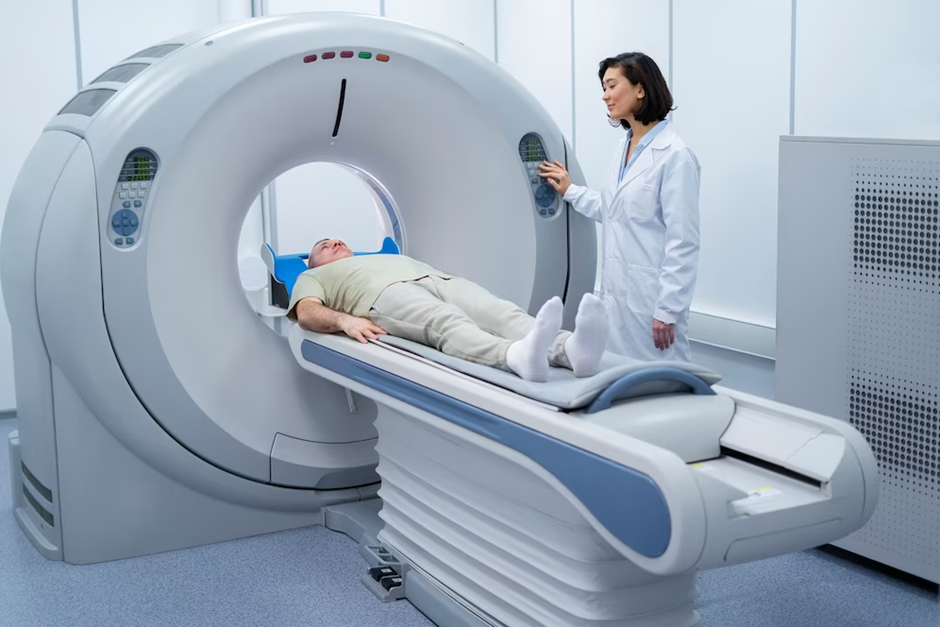For many clinical specialities, running a brain MRI is a helpful diagnostic procedure. What about mental health, though?
In addition to neuroradiologists, it is used by neurosurgeons to see tissue damage, oncologists to find tumours, and neurologists to evaluate lesions brought on by multiple sclerosis.
However, until recently, those who specialise in the diagnosis, treatment, and prevention of mental health conditions only occasionally used it.
This may come as quite a surprise to some. After all, an MRI of the brain measures volume, thickness, neuronal tract density, and even activity in addition to providing a static image.
In fact, studies have found structural differences between the brains of people who suffer from conditions like schizophrenia or Alzheimer’s disease and healthy individuals.
One might think that if you have a mental health issue, an MRI would be able to detect it.
But it’s not quite that easy. The structural variations that have been observed in research are patient group averages.
Every person has a slightly unique brain, so a structural change that in one person might be indicative of schizophrenia may be normal in another.
The issue of diseases with similar symptoms, which can also have similar changes on an MRI, is another issue. Finding the dividing line can be challenging.
Neurodegeneration
However, some medical professionals are now starting to draw the line. While MRI has limited clinical application in the diagnosis of neurodevelopmental disorders like schizophrenia or autism, its application is expanding for disorders brought on by neuron loss, such as dementia.
This is especially true for Chandigarh’s 3 tesla MRI, where MRI is quickly evolving into a crucial diagnostic tool.
MRIs
The preponderance of memory loss is rising in India as the population ages.
Subjective clinical tests make it difficult to determine whether that misplaced parked car is a normal symptom of ageing or is actually in the early stages of dementia. MRI is helpful in this situation.
Conclusion:
It’s not completely perfect. In the early stages of the disease, it can be challenging to distinguish between an ageing brain and a dementia brain as well as between different types of dementia.
But MRI is a more and more helpful way to confirm a diagnosis of dementia when a psychiatrist suspects a particular type of dementia.
Over the past few years, we 3 Tesla MRI in Chandigarh have noticed an increase in referrals for MRI scans on patients who may have dementia.
Our highly skilled radiologists are used to dealing with these frequently confused or distressed patients.
We anticipate a continued rise in referrals for this painless and safe scan as research on its application to dementia continues to advance.


